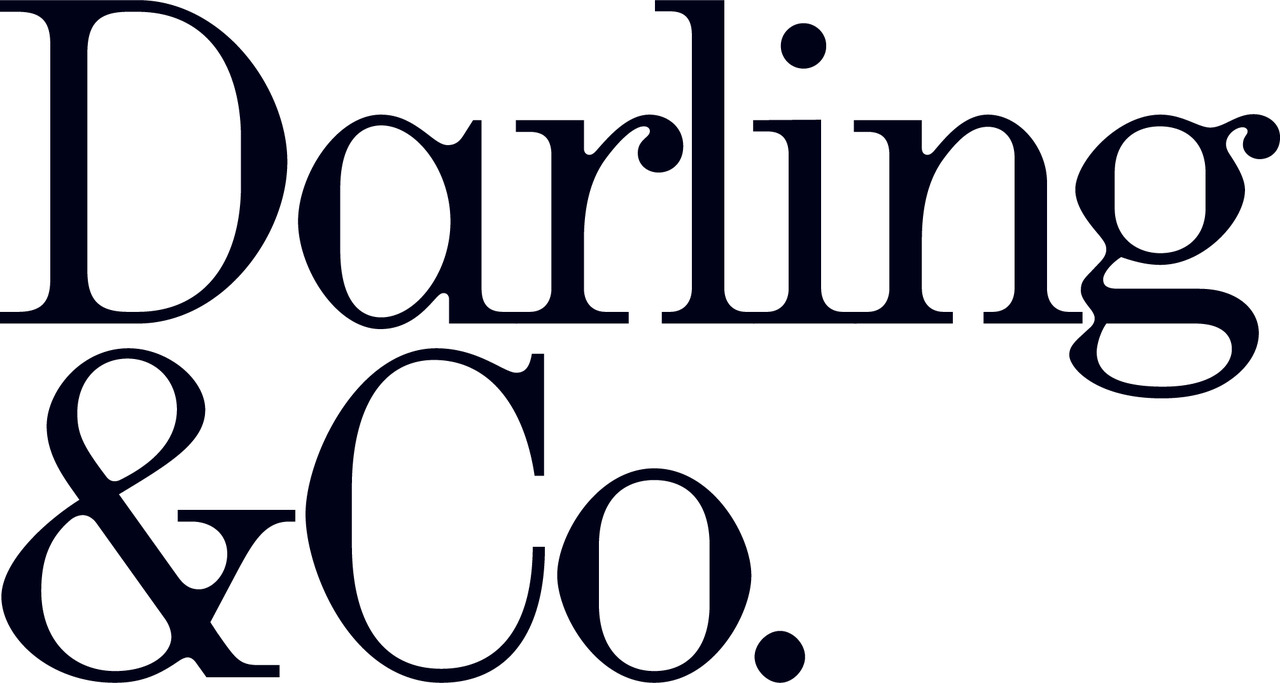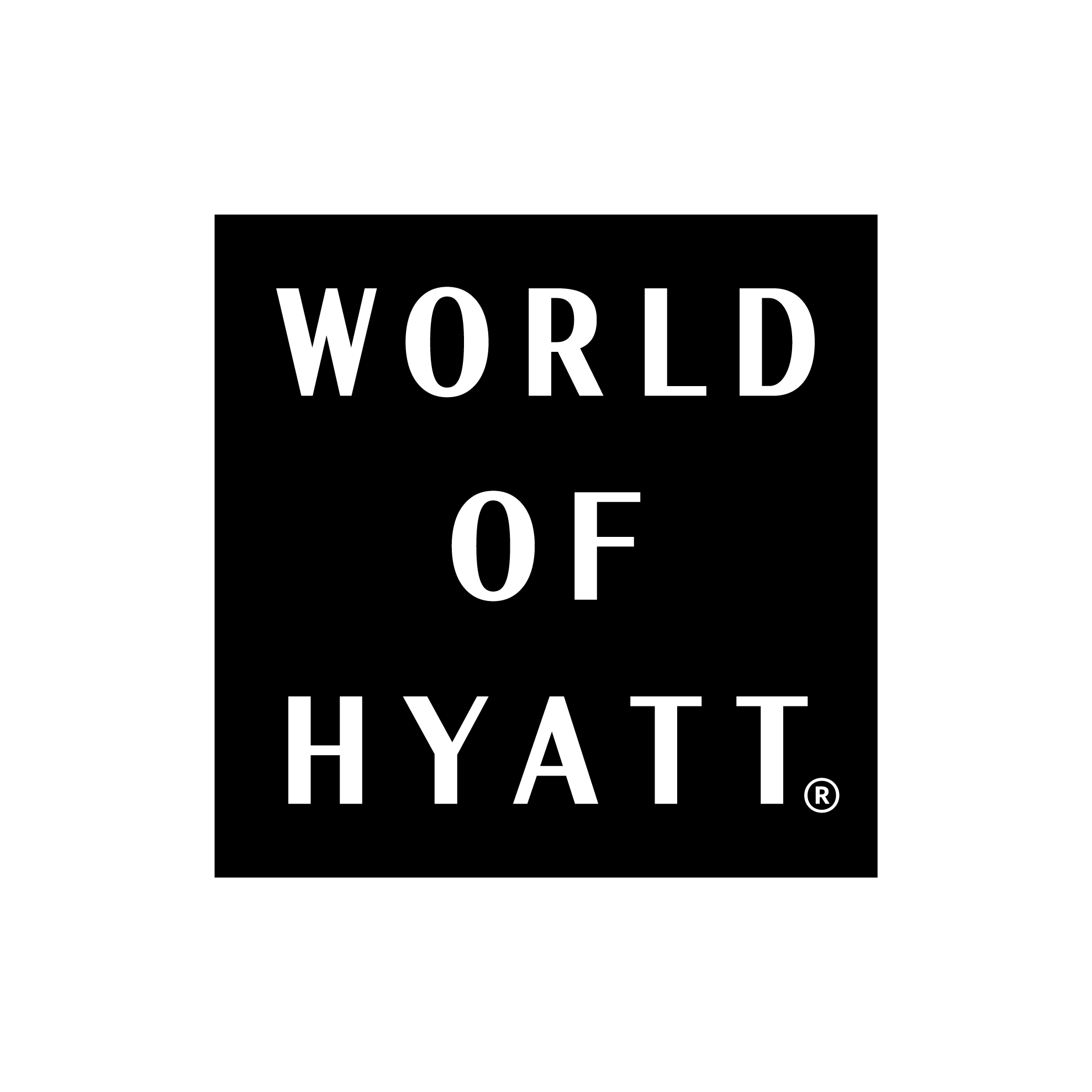By Lucy Spicer
One of the most exciting things about the Sundance Film Festival is having a front-row seat for the bright future of independent filmmaking. While we can learn a lot about the filmmakers from the 2025 Sundance Film Festival through the art that these storytellers share with us, there’s always more we can learn about them as people. We decided to get to the bottom of those artistic wells with our ongoing series: Give Me the Backstory!
On June 2, 2023, a 35-year-old Black woman named Ajike Owens knocked on her neighbor’s door in Ocala, Florida. Her neighbor, a 58-year-old white woman named Susan Lorincz, had already called the police over what she believed to be trespassing by Owens’ children on her property. This wasn’t the first time Lorincz had called the police with claims against Owens and her children. Shortly after Owens began knocking that night, Lorincz shot her through the door. Lorincz claims she feared for her life. Owens died, leaving behind four young children.
Director Geeta Gandbhir’s film The Perfect Neighbor, screening as part of the U.S. Documentary Competition at the 2025 Sundance Film Festival, is largely made up of police bodycam footage, tracking events from the first time Lorincz called the police to complain about Owens and her children over a year prior up until the final — fatal — incident. The footage shows inconsistencies in Lorincz’s stories to the police, as well as testimonies from other neighbors that dispute her claims. Because of Florida’s “stand your ground laws,” a resident can exert deadly force against another individual if they believe doing so will prevent bodily harm. By claiming she feared for her life, Lorincz felt justified in shooting Owens.
“‘Stand your ground laws’ in this country lead to the disproportionate death of BIPOC folks, and this is a travesty of justice. The fatal combination of ‘stand your ground laws’ and lax gun regulations put us all in grave danger,” says Gandbhir. “Ajike Owens would be alive today had Susan not had access to a gun. Susan Lorincz is a person who was in clear need of mental health services, not a gun,” she continues. “My hope is that this film helps impact change around gun regulations and the castle doctrines in this country.”
Gandbhir’s directorial vision with The Perfect Neighbor won her the Directing Award: U.S. Dramatic at the 2025 Sundance Film Festival. Below, learn more about the filmmaker and how she approached the project.

Films are lasting artistic legacies; what do you want yours to say?
As a filmmaker who has built a career making films about social justice issues, I am always looking for new ways to make my audiences feel that they are deeply connected with the film’s participants and part of the living, breathing story unfolding on screen. My hope is that this film makes audiences realize that they could be any one of the people in the film, that this IS their community, and the film serves as part of the resistance to the racist, dangerous castle doctrine (“stand your ground laws”) and failed gun regulations that put all of us in danger.
Describe who you want this film to reach.
A global audience, but also policymakers who can change laws that unjustly harm their constituents.
Your favorite part of making the film? Memories from the process?
This is a personal film, and it was devastating to make, but in the process I bonded with Ajike’s mother, Pam, and my own family and film community who believed in this story — those memories helped with the process.
What was a big challenge you faced while making this film?
This is a film that plays like a real-life thriller. It is terrifying and violent; we were concerned about the ethics of sharing that trauma onscreen. We are deeply aware of the harm done by sharing images of violence when it comes to Black bodies and the Black community. Ajike’s brave mother, Pamela, finds strength in the legacy of Mamie Till, however, and her desire to show the world what happened to her son, Emmett. Pamela’s decision gave us the courage to allow the most difficult parts of the film to live onscreen, as she believes the world needs to bear witness to impact change.
Tell us why and how you got into filmmaking.
I see storytelling as a means to connect with other people, to share commonalities and learn about one another. Historically, humans have always connected around storytelling to preserve history and build community, often through dance, theater, music, and art. Film is just the most recent extension of this human tradition. I have always loved films and animation, as you can build a whole world from your imagination.
Why is filmmaking important to you? Why is it important to the world?
Filmmaking is one of the most unique and technologically advanced art forms for humans to share stories. In our global world, it’s a critical way for us to remain connected. It’s important to address the inequity in the system to make it a more equitable and accessible medium, but it’s a powerful tool to reach people worldwide and build cultural bridges and a shared human narrative.
If you weren’t a filmmaker, what would you be doing?
I would be a visual artist, or I would work at a wildlife preserve.
What is something that all filmmakers should keep in mind in order to become better cinematic storytellers?
The best stories are the stories that are character-driven. People need to be able to see themselves in your films and connect deeply to the people onscreen. No matter what the topic is, it’s all about emotional storytelling.
Who are your creative heroes?
I have many! A few are Viet Thanh Nguyen, Spike Lee, Zora Neale Hurston, Kara Walker, Lalita Gandbhir, and Rakesh and Tunde Kwantu.
What was the last thing you saw that you wish you made?
Polite Society and Godzilla Minus One
Which of your personal characteristics contributes most to your success as a storyteller?
I think filmmakers must have the ability to be deeply curious about the world and connect their humanity to that of others. They must be able to see the world through the eyes of others. I think those are traits that I have — definitely curious!
Tell us about your history with Sundance Institute. When was the first time you engaged with us? Why did you want your film to premiere with us?
My first time at Sundance was for the film Which Way Is the Front Line From Here? The Life and Time of Tim Hetherington. I was the supervising editor. I loved the passion and the energy of the Festival and the unique films that were programmed. I had a short that played, also (Remembering the Artist: Robert De Niro, Sr.). I think Sundance audiences are the most intense cinephiles — you have to really love film to be able to come out in the cold!
Who was the first person you told when you learned you got into the Sundance Film Festival?
My dear friend, business partner, and producer, Alisa Payne.
What’s your favorite film that has come from the Sundance Institute or Festival?
There are many, but recently it’s Going to Mars: The Nikki Giovanni Project. Love the filmmakers and Nikki G. the most!





























